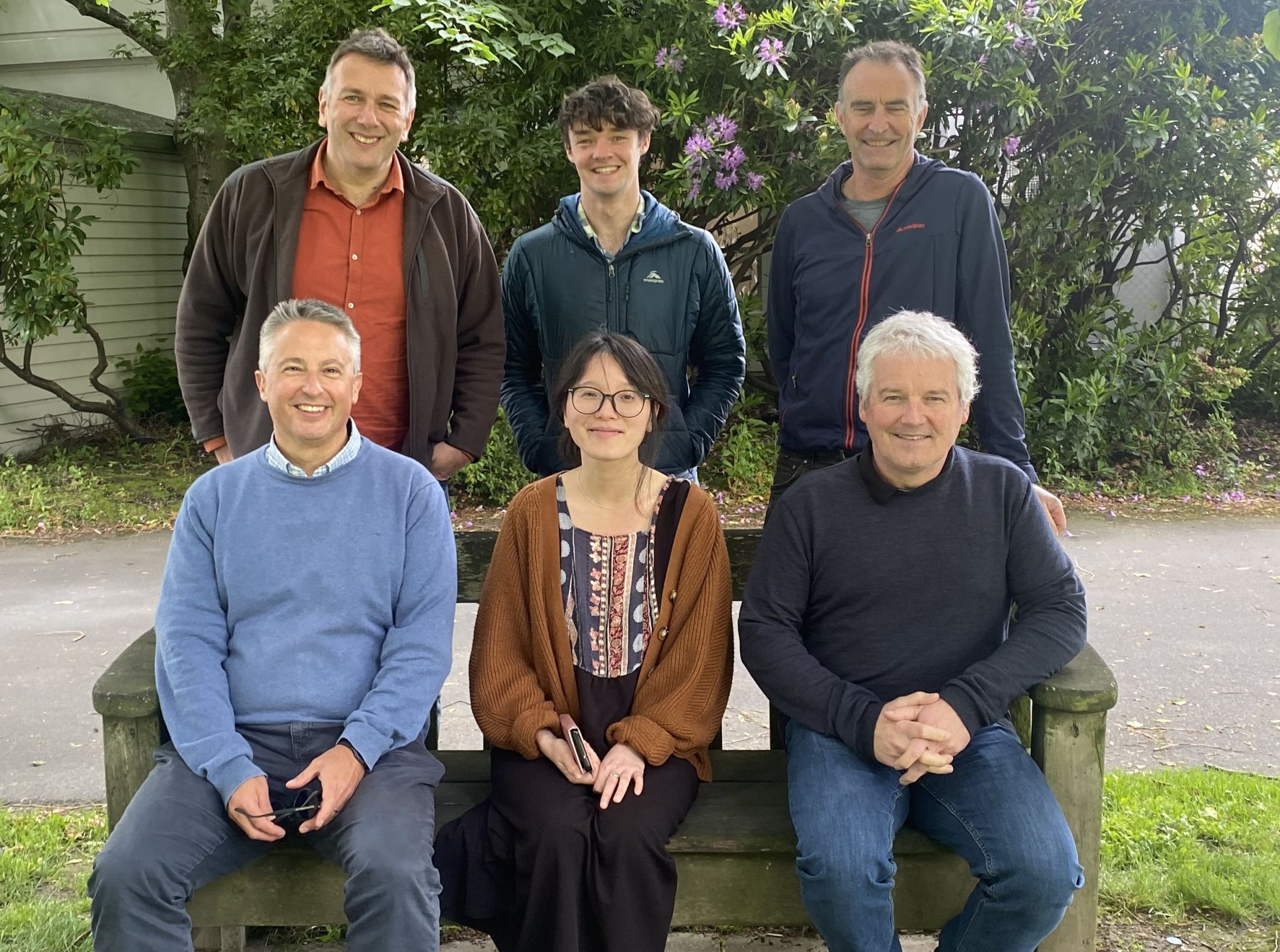STRAND Marsden Fund Project
Should I stay or should I go? Climate-change risks to property values across space and time, and the related implications for financial stability

The STRAND1 Marsden Fund Project is an interdisciplinary Royal Society of New Zealand Marsden Fund project ($869,000 between 2021 and 2024) exploring climate-change flooding related risks to residential property values across space and time, and the related implications for financial stability. The project is led by Professor Ivan Diaz-Rainey (Professor, Department of Accounting, Finance and Economics, Griffith University) and Associate Professor Antoni Moore (School of Surveying, University of Otago). Dr Quyen Nguyen, as the STRAND Marsden Fund Project Postdoctoral Fellow, is the principal modeller on the project. The other members of the team are Dr Simon Cox (GNS Science), Dr Greg Bodeker (Bodeker Scientific), Dr Paul Thorsnes (Department of Economics, University of Otago),Dr Murray Cadzow (Research Teaching IT Support, University of Otago) and Owyn Otis Aitken (Junior Researcher, University of Otago). The Reserve Bank of New Zealand, CoreLogic, New Zealand eScience Infrastructure (NeSI), National Institute of Water and Atmospheric Research (NIWA), RiskScape and Griffith University (Australia) are partners in the project.
“How many hits will you take before you run? Exacerbated flood risks associated with climate change will affect future property values in vulnerable areas as the intensity and frequency of flooding increase. Since both property and financial markets are forward-looking, understanding the interplay between increasing flooding hazard, related financial losses, and when those losses will occur, has profound implications for homeowners, banks, insurers, and the stability of financial systems. The associated risks are long-term and susceptible to the ‘tragedy of the horizon’ in that current decision makers fail to fully account for future risks. Our research framework learns from Māori traditions of considering multiple generations in decision-making and Māori investment principles where environment and people are integral to a systemic view of investment decisions. Accordingly, this research will explore to what extent, and when, increasing flood frequencies will impact property values in New Zealand’s coastal cities given that markets are forward looking and have imperfect information. Further, we will examine if there are flow-on effects of these losses on the stability of domestic banking system. New approaches to answering these questions will be adopted by an interdisciplinary team of experts in geographical information systems, geology, climate change, real-estate and banking.”
1Definition of STRAND /strand/ from the Oxford Language Dictionary
verb: leave (someone) without the means to move from somewhere.
noun: the shore of a sea, lake, or large river.
stranded assets: In climate finance context, stranded assets are defined as assets that have suffered from unanticipated or premature write-downs, devaluations, or conversion to liabilities (Caldecott, Howarth, and McSharry, 2013).


